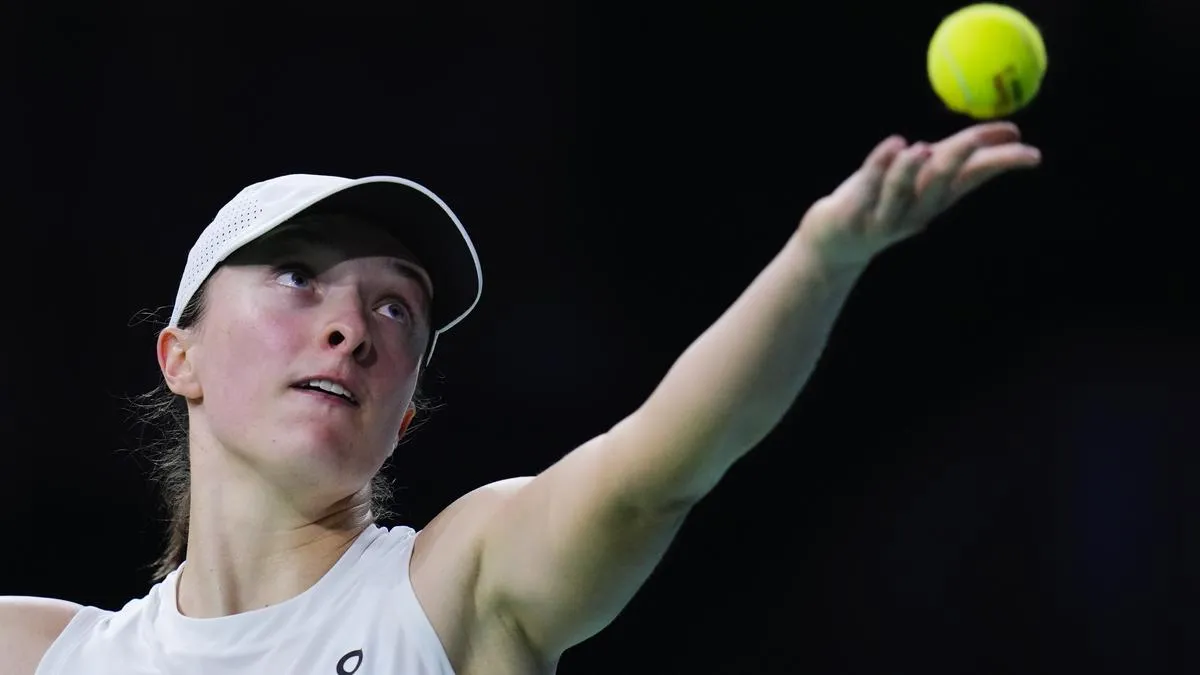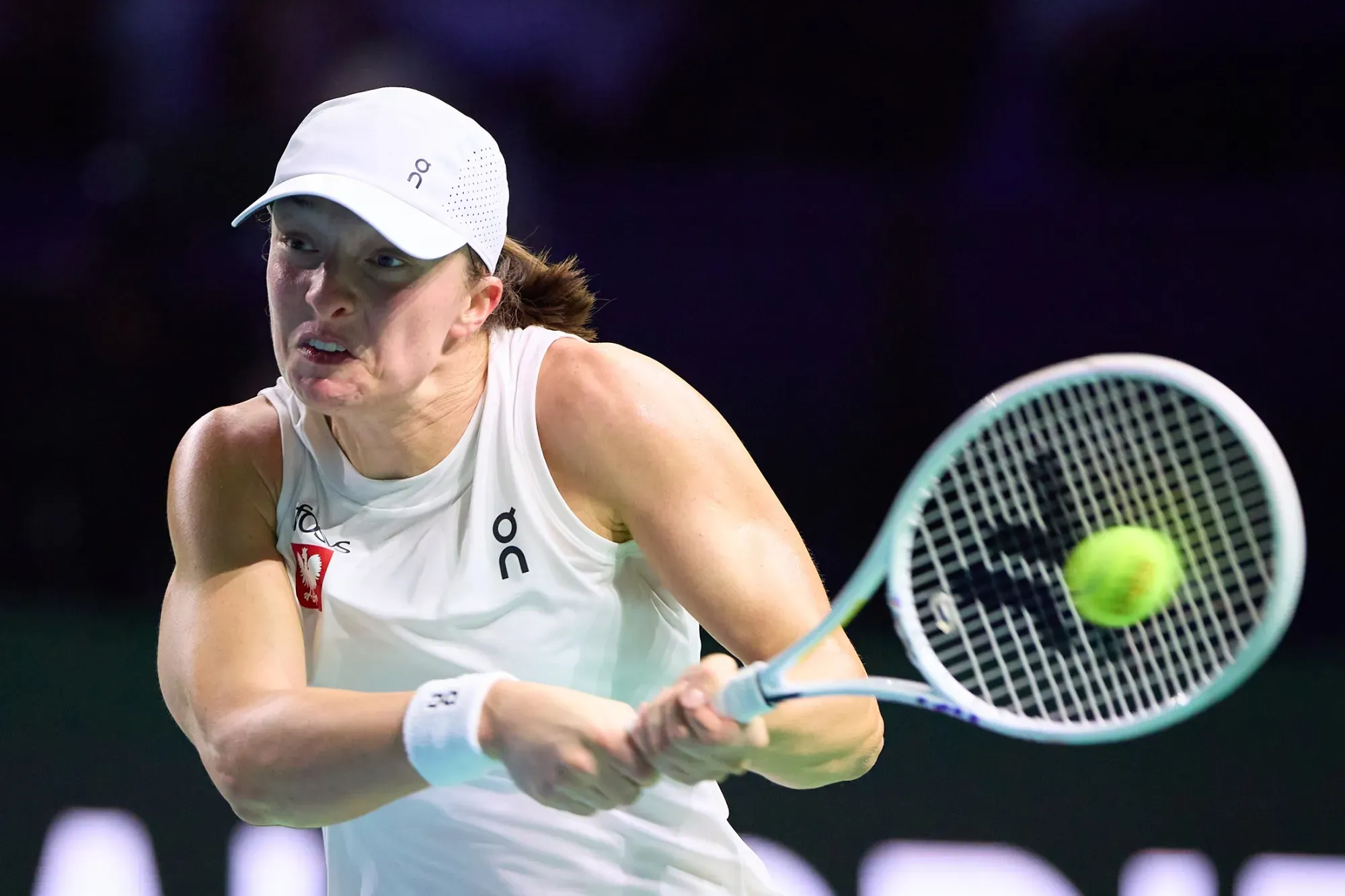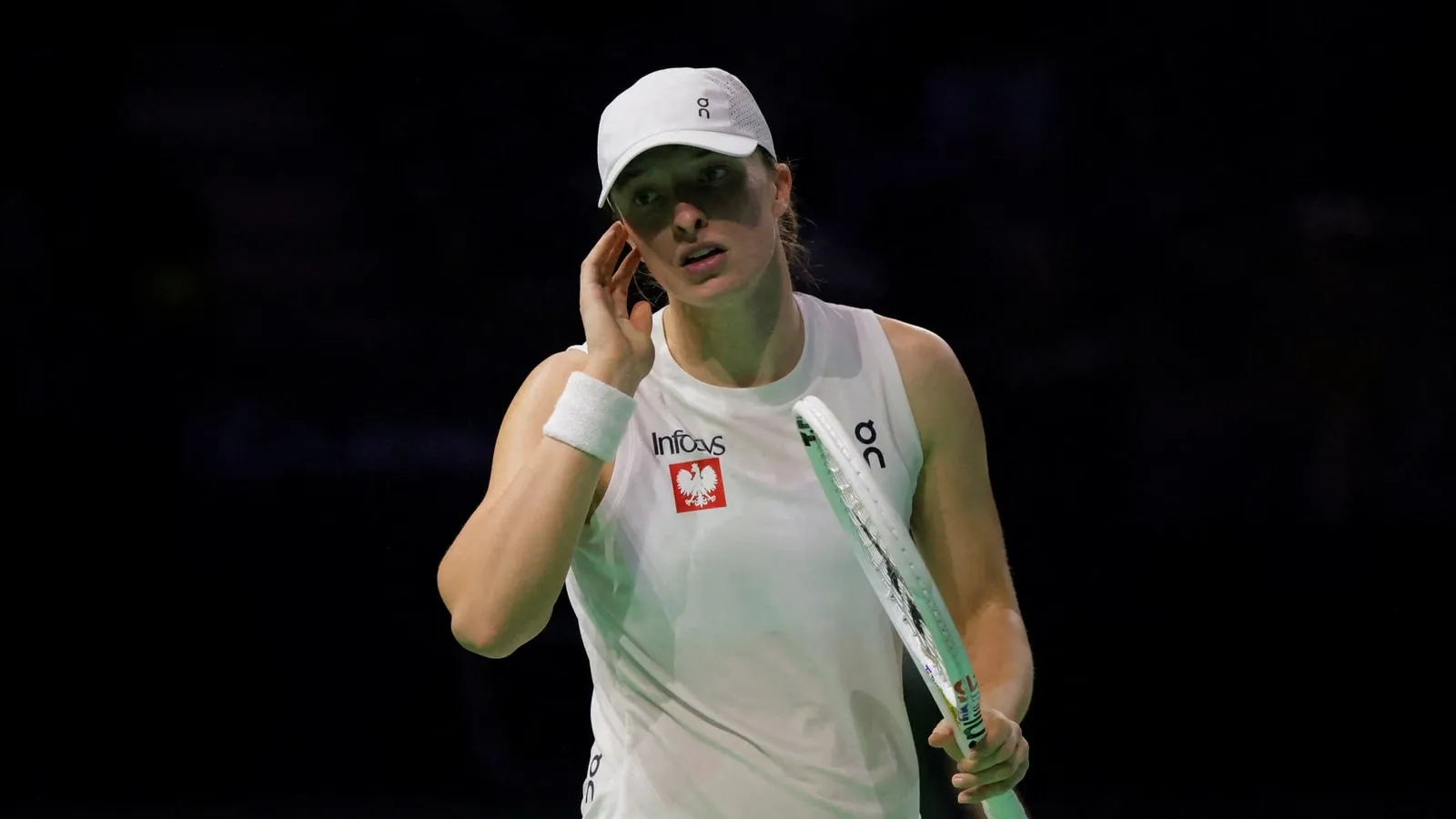Iga Swiatek, a top-ranked tennis star, recently faced a setback as she received a one-month ban following a positive test for trimetazidine (TMZ), a substance banned in competitive sports. This incident came to light in August, with the ITIA concluding that the violation resulted from contaminated melatonin, a scenario Swiatek and her team did not anticipate. The swift action taken by ITIA led to Swiatek’s provisional suspension from mid-September to early October, forcing her to miss several key tournaments during this period.
The WTA quickly issued a statement asserting their support for Swiatek, emphasizing the need for clean sport and highlighting the unintentional nature of the incident. This public endorsement, however, has not gone down well with all tennis fans. Social media has been abuzz with accusations of double standards, especially when comparing the treatment received by Swiatek to that of other players who have faced similar accusations.

Public Backlash and Accusations of Double Standards
Critics have pointed out that the WTA’s supportive stance towards Swiatek starkly contrasts with their reaction—or lack thereof—to previous cases involving other top players like Simona Halep and Beatriz Haddad Maia. Both Halep and Haddad Maia faced longer bans and notably less public support from the association, sparking debates about consistency and fairness in the sport’s governance.
A notable quote from a disgruntled fan encapsulates the sentiment: “You never said it when Simona Halep got suspended; what an absolute joke.” This outcry reflects a broader frustration with what many see as selective support based on a player’s ranking or marketability.
The Bigger Picture: Doping and Sport Integrity
This incident raises important questions about the processes and precautions in place to prevent doping in sports. While Swiatek’s case was determined to be unintentional, it underscores the challenges athletes face in avoiding contaminated supplements and medications.

A fan’s suggestion on social media highlights a potential way forward: “Why can’t @WTA sit down with a group of doctors, nutritionists, and release the list of supplements/melatonin etc that is ok for use. If melatonin is contaminated it is preposterous to put the blame on the athlete.”
Iga Swiatek’s Response and Future Outlook
In her public statement, Swiatek expressed shock and anxiety over the situation, emphasizing her commitment to transparency and fair play. She revealed that the levels of TMZ found were historically low, indicating no intentional use. Her prompt cooperation with the ITIA and her subsequent compliance with the suspension exemplify her dedication to upholding the values of the sport.
As Swiatek resumes her career, the controversy remains a talking point, pushing the WTA and ITIA to reevaluate their procedures and communication strategies. The tennis community continues to watch closely, hoping for reforms that will ensure fair and consistent treatment for all athletes.

The debate over Swiatek’s ban is more than a singular incident; it is a reflection of the ongoing struggle to maintain sport integrity against the complex backdrop of professional pressures and the realities of modern-day athletics. As tennis moves forward, the calls for fairness, transparency, and consistency will undoubtedly influence how similar cases are handled in the future, hopefully leading to a more equitable sporting environment for all athletes.

I am a writer with a passion for technology and gaming. I write about a variety of subjects, including Esports, Games, Shows, and Sports. I create engaging and informative content for Hiptoro.

